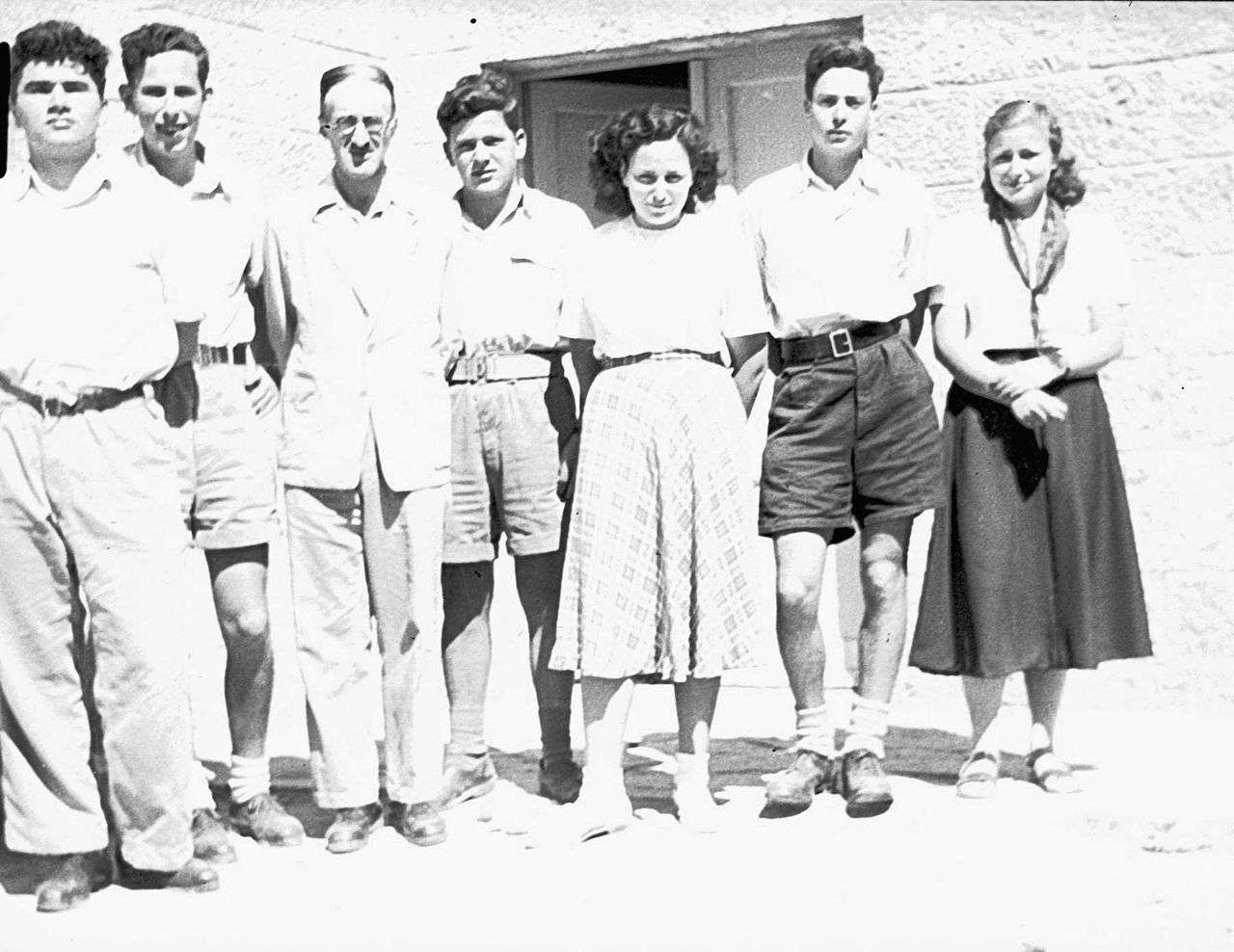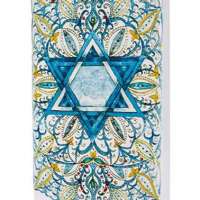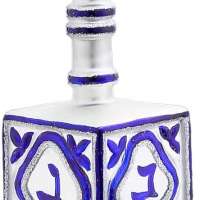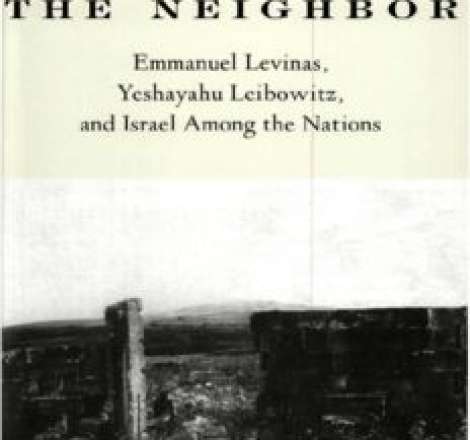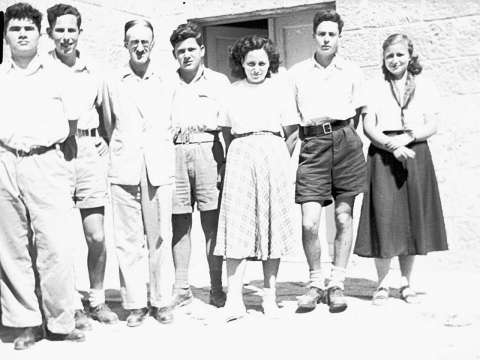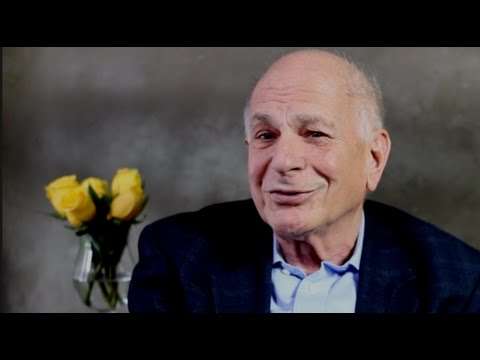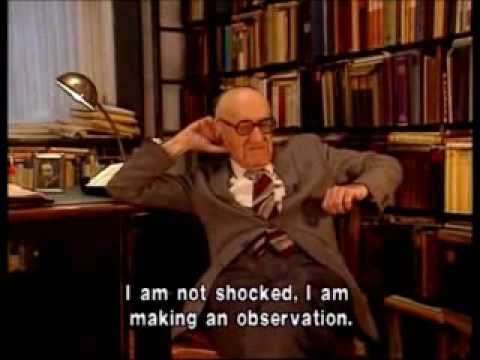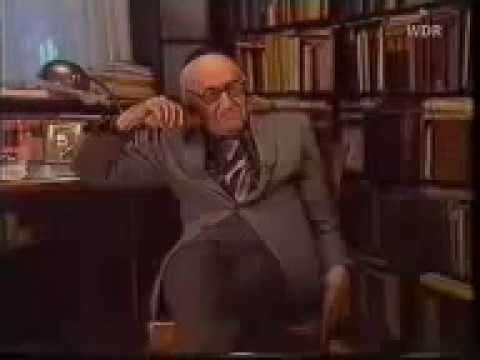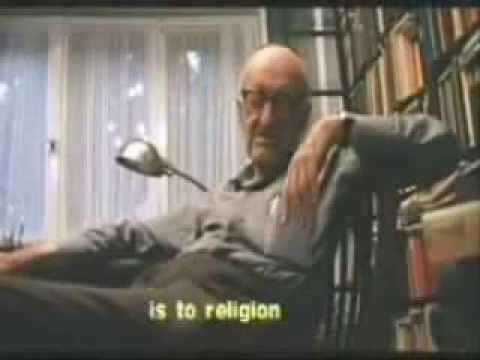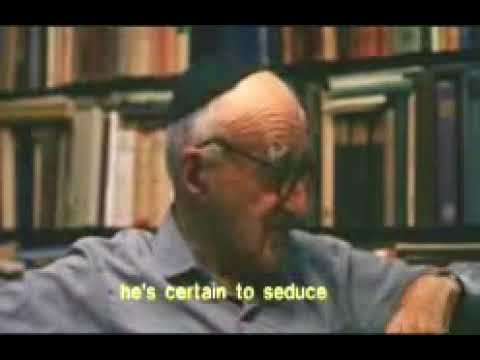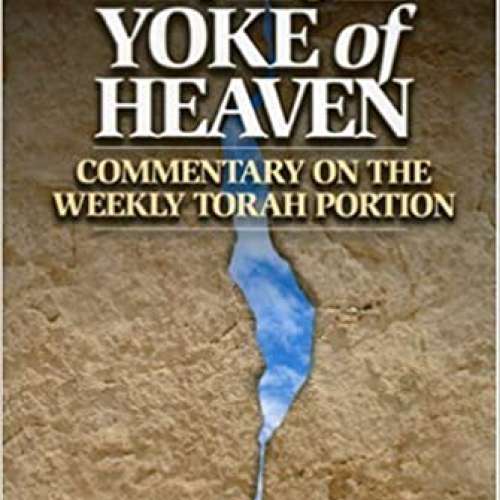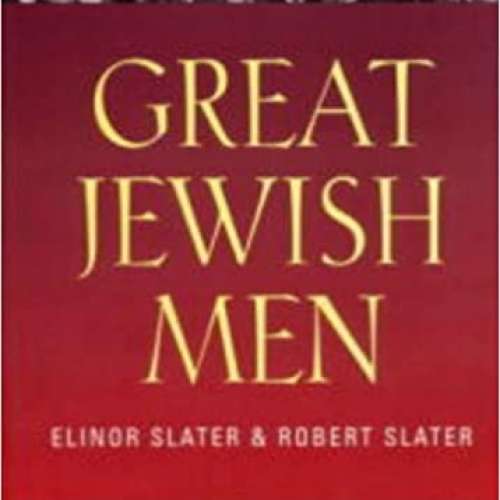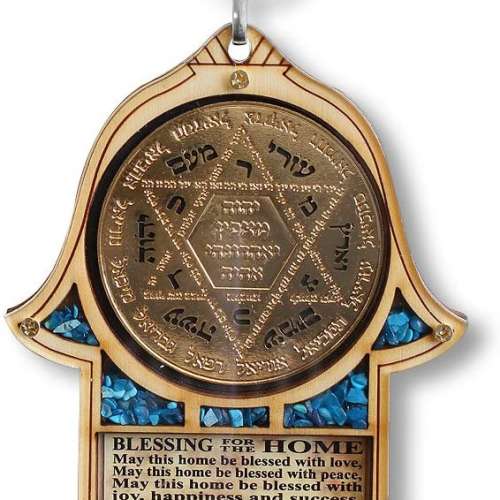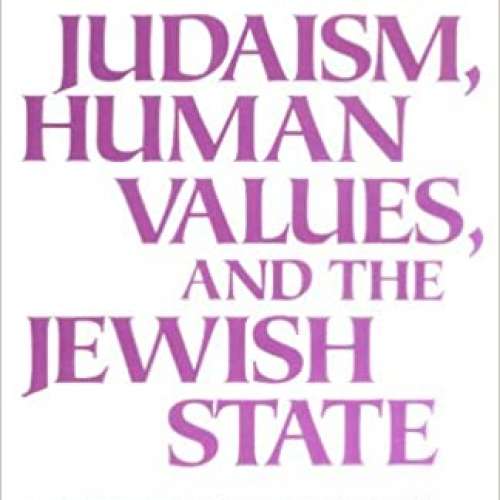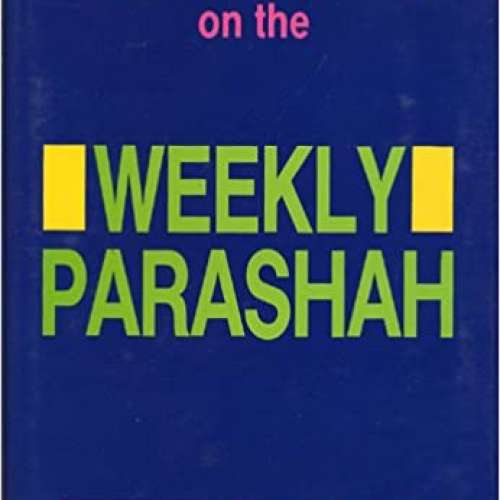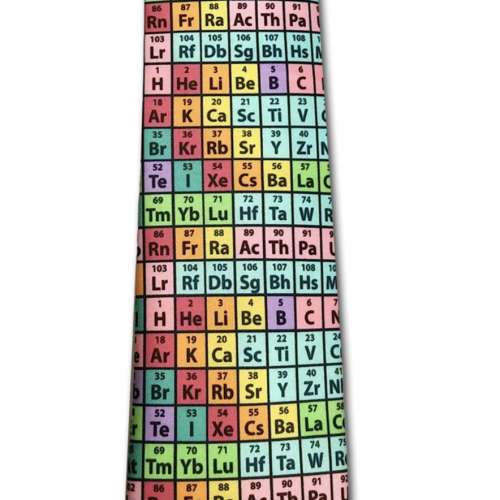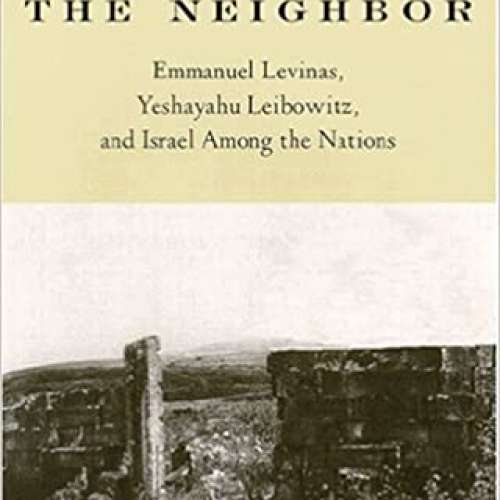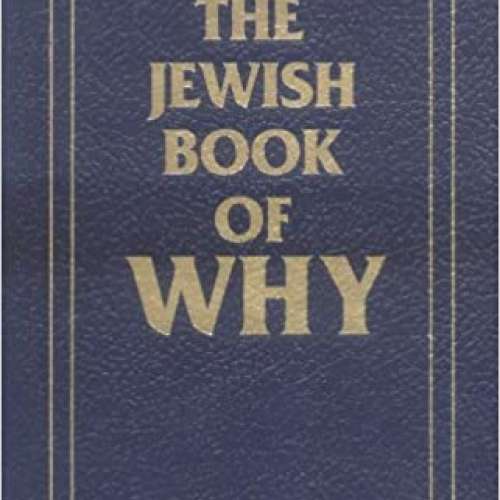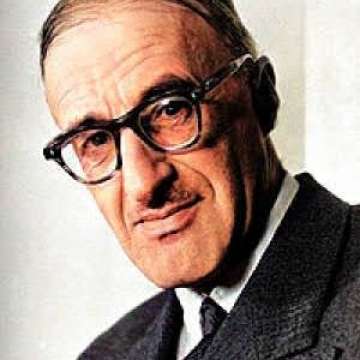

Yeshayahu Leibowitz (1903-1994)
Religious nationalism is to religion what national socialism is to socialism.
Yeshayahu Leibowitz was an Israeli renaissance man, orthodox Jewish public intellectual and polymath. Among his vast achievements are the facts he was a biochemistry professor, organic chemistry professor, and neurophysiology professor at the Hebrew University of Jerusalem, as well as a prolific writer on Jewish thought and western philosophy. He was also the chief editor of the Encyclopaedia Hebraica. He was known for his outspoken views on ethics, religion and politics and was the biggest critic of Israeli governing policies, especially towards the Israeli-Palestinian relations. While many considered him to be a humanist, he often claimed the most dominant characteristic of himself was the face he was a religious Jewish man. Leibowitz is considered to be the smartest and sharpest Israeli philosopher of all times.
Biography
Yeshayahu Leibowitz was born in Riga, Russian Empire now in Latvia, in 1903, to a religious Zionist family. His father was a lumber trader, and his cousin was future chess grandmaster Aron Nimzowitsch. In 1919, he studied chemistry and philosophy at the University of Berlin. After completing his doctorate in 1924, he went on to study biochemistry and medicine, receiving an MD in 1934 from the University of Basel.
He immigrated to Mandate Palestine in 1935, and settled in Jerusalem. Leibowitz was married to Greta, with whom he had six children. His son, Elia, was chairman of the Tel Aviv University astrophysics department, and the longest-serving director of the Wise Observatory. Another son, Uri, was a professor of medicine at Hadassah University Medical Center.
His daughter, Yiska, is a district prosecutor. His sister, Nechama Leibowitz, was a world-famous biblical scholar. Leibowitz was active until his last day. He died in his sleep on 18 August 1994. Shamai Leibowitz is one of his grandchildren.
Academic and literary career
Leibowitz joined the faculty of mathematics and natural science of the Hebrew University of Jerusalem in 1936. He became a professor of biochemistry in 1941, and was promoted to the position of senior professor of organic chemistry and neurology in 1952. He taught at the Hebrew University for nearly six decades, lecturing in biochemistry, neurophysiology, philosophy, and the history of science.
Ethics, when regarded as unconditionally asserting its own validity, is an atheistic category par excellence.
Leibowitz served as the editor of the Encyclopaedia Hebraica in its early stages. Apart from his innumerable articles and essays, Leibowitz authored a wide range of books on philosophy, human values, Jewish thought, the teachings of Maimonides, and politics. Many of his lectures and discourses, including those given as part of the "Broadcast University" project run by Israeli Army Radio, were subsequently compiled and printed in book form. Leibowitz was a prolific letter-writer, and his advice or comment was sought out widely. A first collection of his letters in Hebrew was published posthumously.
Religious philosophy
Leibowitz was an Orthodox Jew who held controversial views on the subject of halakha, or Jewish law. He wrote that the sole purpose of religious commandments was to obey God, and not to receive any kind of reward in this world or the world to come. He maintained that the reasons for religious commandments were beyond man's understanding, as well as irrelevant, and any attempt to attribute emotional significance to the performance of mitzvot was misguided and akin to idolatry.
The essence of Leibowitz's religious outlook is that a person's faith is his commitment to obey God, meaning God's commandments, and this has nothing to do with a person's image of God. This must be so because Leibowitz thought that God cannot be described, that God's understanding is not man's understanding, and thus, all the questions asked of God are out of place. Leibowitz claimed that a person's decision to believe in God in other words: to obey him defines or describes that person, not God.

One result of this approach is that faith, which is a personal commitment to obey God, cannot be challenged by the usual philosophical problem of evil or by historical events that seemingly contradict a divine presence. When someone told Leibowitz that he stopped believing in God after the Holocaust, Leibowitz answered, "Then you never believed in God". If a person stops believing after an awful event, it shows that he only obeyed God because he thought he understood God's plan, or because he expected to see a reward. But "for Leibowitz, religious belief is not an explanation of life, nature, or history, or a promise of a future in this world or another, but a demand".
Leibowitz believed in the separation of state and religion, and held that mixing the two corrupted faith. He condemned the veneration of Jewish shrines, cynically referring to the Western Wall as the Discotel a play on the words "discothèque" and "Kotel", a transliterated Hebrew word which literally means "wall", but capitalized refers to the Western Wall.
In contrast to his strict views on some matters, he was liberal on others. On the subject of homosexuality, for example, Leibowitz believed that despite the ban on homosexual relations in Judaism, homosexuals should do their best to remain observant Jews.
Views and opinions
Even before the founding of Israel, Leibowitz was an adamant supporter of a separation between religious institutions and the state – he even personally asked this of David Ben-Gurion. In the 1949 Knesset elections he headed the United List of Religious Workers, which failed to win a seat.
He became progressively critical of government policy following the 1953 Qibya massacre. In his later philosophy, he denied that the state of Israel had any Jewish religious significance, and became an outspoken defender of the complete separation between religion and state. He was among the first Israeli intellectuals to state immediately after the 1967 Six-Day War that if occupation continued, this would lead to the decline in moral stature.
In a 1968 essay titled "The Territories", Leibowitz postulated a hellish future:
The Arabs would be the working people and the Jews the administrators, inspectors, officials, and police—mainly secret police. A state ruling a hostile population of 1.5 to 2 million foreigners would necessarily become a secret-police state, with all that this implies for education, free speech and democratic institutions. The corruption characteristic of every colonial regime would also prevail in the State of Israel. The administration would suppress Arab insurgency on the one hand and acquire Arab Quislings on the other. There is also good reason to fear that the Israel Defense Forces, which has been until now a people's army, would, as a result of being transformed into an army of occupation, degenerate, and its commanders, who will have become military governors, resemble their colleagues in other nations.
In an interview in Haaretz newspaper, Carlo Strenger, who knew Leibowitz personally, stated:
Because of his provocativeness, it's easy to miss Leibowitz’s profound moral seriousness and the great relevance of his thought today. He is often pigeonholed as belonging to the extreme left, which is a mistake. Leibowitz, never willing to bow to collective pressure, was the most unlikely of combinations: On the one hand he was a libertarian, an extreme form of classical liberalism, and believed that human beings should be free to determine their way of life without any state interference. On the other hand, he was an ultra-Orthodox Jew who insisted that the state and religion must be separated completely to avoid corrupting each other.
Leibowitz repeatedly called for Israelis to refuse to serve in the occupied territories, and warned that Israel was turning its soldiers in to "Judeo-Nazis", writing that if "the law . . . can allow the use of torture as a way of getting confessions out of prisoners, then this testifies to a Nazi mentality."
Body & Mind
Leibowitz opinion was that each individual is not made of mind separately and mind separately but he is a holistic psycho-physical entity. By doing so, he cancelled any form of monism: the man is not solely a mind and not solely a physical entity. Leibowitz regarded the psycho-physical problem (the mind and body problem) as a kantianian antinome, i.e., a problem that is impossible to solve in human thinking categories.
Against those who believe that the psycho-physical connection could be eventually break down and be solved as any other scientific problem, he replied that this problem is not an issue of complexity or computing power but a exiome that can not ever be explained: how a mental process generate a specific physical process. He explained it with this simple fact:
How is it that i want to say something - and it is being said? this is the oldest philosophical question there is - and never was and never will a solution to it.
Awards and recognition
In 1993, he was selected for the Israel Prize. Before the award ceremony, Leibowitz was invited to speak to the Israel Council for Israeli–Palestinian Peace, where his controversial remarks calling upon Israeli soldiers to refuse orders triggered outrage and Yitzhak Rabin had threatened to boycott the ceremony. The jury convened to discuss the possibility of withdrawing the prize, but Leibowitz himself announced that he would refuse to accept it, because he did not want to create antagonism when receiving the prize.

